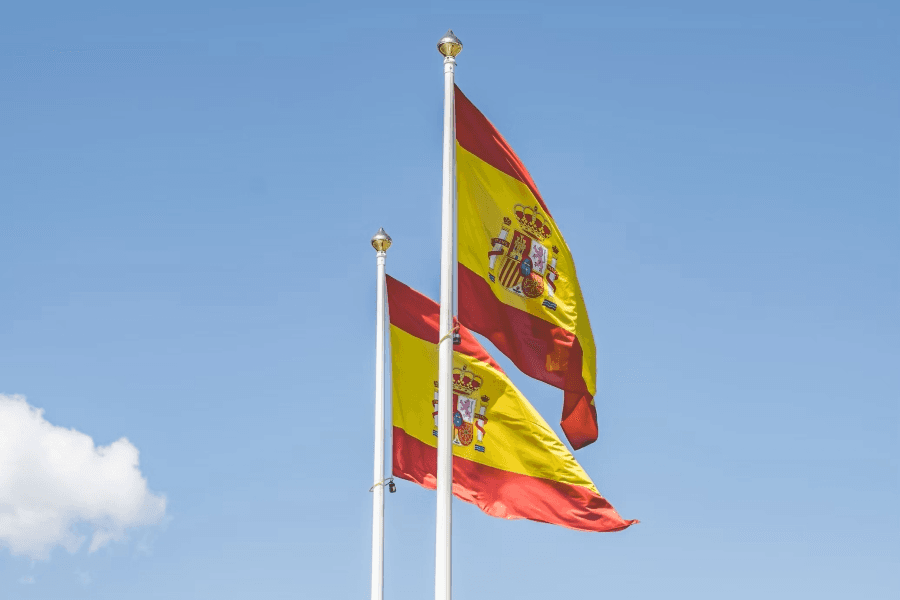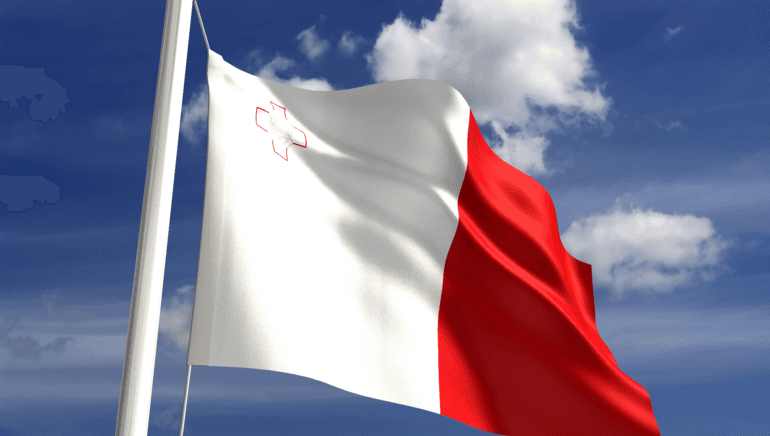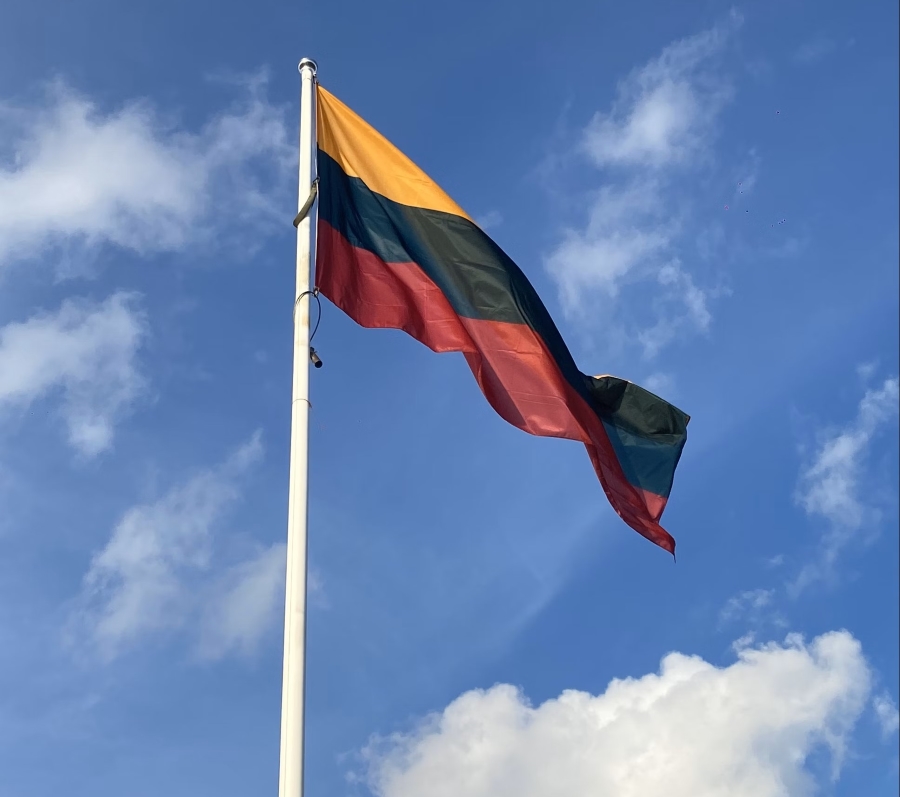Brazil President Signs Sports Betting Into Law
Share This Tags
Sports betting is now legal in Brazil
The signing of Bill PL3626/23 into law by Brazil President Luiz Inácio ‘Lula’ da Silva has marked a significant milestone for Brazil’s sports betting industry. This new legislation establishes the regulatory framework for the country to launch its federal sports betting marketplace, commonly referred to as “Bets.”
The road to the legalization of sports betting in Brazil has been a complex one. Former President Jair Bolsonaro had withheld federal sign-off on sports betting, causing an impasse in 2022. However, the Workers’ Party (PT) government, led by President Lula, took up the task of revising the bill and pushing it forward. The legislative process involved federal evaluation by Brazil’s Senate Committees, which led to over 100 amendments being authorized to secure federal approval for the bill.
Despite the amendments made during the Senate Committees’ evaluation, unresolved disputes regarding the authorization of online casino operations arose, contested by Senators from the Liberal Party. As a result, the bill was returned to the Chamber of Deputies for a decisive vote on the remaining amendments, casting uncertainty on its legislative future. However, on December 22, in the Chamber of Deputies’ final session, the bill received a majority vote in favour, endorsing the legislative framework for online casino games.
On December 30, President Lula signed Bill PL3626/23 into law, introducing a new regulatory regime for sports betting in Brazil. This move aligns with the PT government’s objective to enhance state revenues, with projections indicating that a regulated sports betting market could generate at least R$10 billion for public services. However, President Lula also exercised his authority to impose vetoes on certain aspects of the bill, primarily related to tax exemptions for betting prizes up to R$2,112 (€450).
The taxation and licensing aspects of the new sports betting law play a crucial role in shaping the industry. Licensed operators in Brazil’s federal market will face a 12% tax, while player prizes will be taxed at 15%. To obtain a federal license valid for five years, businesses must pay BRL 30 million (approximately €5.5 million). This license allows the operation of up to three brands. Eligibility for licensing is restricted to firms incorporated under Brazilian law with headquarters in the country, and they must appoint a legal guardian domiciled in Brazil.
The revenue generated from the Bets regime will be allocated to various sectors, ensuring its impact is felt across different areas of the economy. 36% of the revenue will go to sports ministries and committees, 28% will be allocated to tourism, 13.6% to public safety, and 10% each to education and social security. Additionally, health will receive 1%, civil society entities 0.5%, the Police Federal Equipment and Operation Fund 0.5%, and the Brazilian Agency for Industrial Development 0.4%.
The year 2024 is expected to be a crucial one for Brazil’s sports betting industry. The Ministry of Finance will publish regulations to initiate the federal sports betting market, setting the stage for operators to enter the market. One of the key responsibilities will be establishing a dedicated market supervisor to oversee standards, conduct, and consumer protection in Brazil’s new gambling sector. This regulatory body will play a vital role in ensuring fairness and integrity in the industry.
The legalization of sports betting has the potential to provide a significant boost to Brazil’s economy. The projected revenue of at least R$10 billion will contribute to public services, helping to fund essential sectors such as education, health, and social security. Moreover, the establishment of a regulated sports betting market will create job opportunities in various areas, including operations, marketing, and regulatory compliance. This industry has the potential to stimulate economic growth and provide a much-needed revenue stream for the country.



 2024-01-05
2024-01-05












